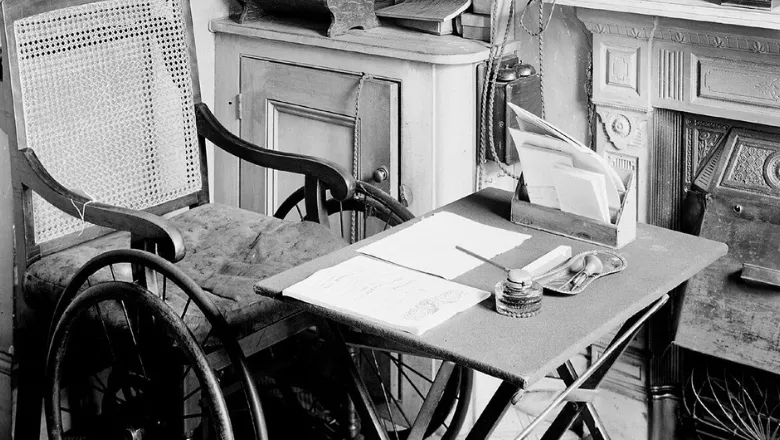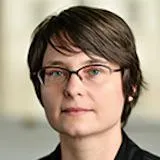The Past and Present/Presence of Disability in Higher Education

Image: The workplace of botanist and curator Edward Morell Holmes (1843-1930).
Wellcome Collection M0001857.
What can the history of disability teach us about living with technology?
How does disability and chronic illness shape the experience of learning and teaching in academia? How can a focus on disability enrich our engagement with central challenges for the future?
This project explores bodies and technology through the lens of the history of disability, with special attention on bodies in academia and higher education. It traces how technologies have been used to address physical, sensorial and mental challenges, with devices ranging from home-made gadgets to high-end robotics. Disability and chronic illness have often been a key factor in the development of new technologies, but tend to become invisible as such technologies are widely adopted. Conversely, disabled users frequently adapt new technologies creatively for their own uses.
Disability intersects with central areas of scholarly and pedagogical work at King’s, from critical engagement with other classificatory categories such as race and gender to its implicit and explicit presence in discourses around citizenship. A key goal of the project is to develop new learning opportunities for students and colleagues which will facilitate engagement with such intersections. This includes the exploration of digital technologies for the creation of new, accessible courses, but also collaborative initiatives to produce shared teaching resources such as bibliographies and case studies to encourage teachers in the humanities and social sciences to consider disability as a key element of the human experience.
The project also explores the opportunities provided specifically at King’s College London, from the exceptional range of medical publications in the Foyle Rare Books Collection to the pioneering work of palliative care preserved in the Cicely Saunders Archives.
The project brings together colleagues in the Department of History, the Department of Classics, the Digital Futures Institute and the Centre for Technology and the Body at King’s, as well as the School of History at Queen Mary University London.
It has received support from the Digital Futures Institute and an AHRS Research Grant from the Faculty of Arts and Humanities.


